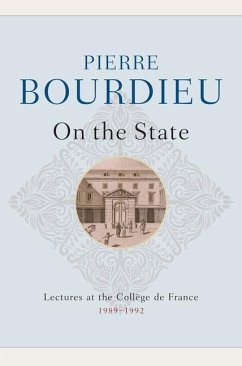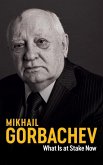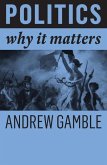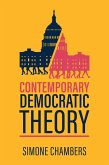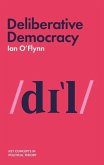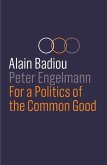What is the nature of the modern state? How did it come into being and what are the characteristics of this distinctive field of power that has come to play such a central role in the shaping of all spheres of social, political and economic life? In this major work the great sociologist Pierre Bourdieu addresses these fundamental questions. Modifying Max Weber's famous definition, Bourdieu defines the state in terms of the monopoly of legitimate physical and symbolic violence, where the monopoly of symbolic violence is the condition for the possession and exercise of physical violence. The state can be reduced neither to an apparatus of power in the service of dominant groups nor to a neutral site where conflicting interests are played out: rather, it constitutes the form of collective belief that structures the whole of social life. The 'collective fiction' of the state Ð a fiction with very real effects - is at the same time the product of all struggles between different interests, what is at stake in these struggles, and their very foundation. While the question of the state runs through the whole of Bourdieu's work, it was never the subject of a book designed to offer a unified theory. The lecture course presented here, to which Bourdieu devoted three years of his teaching at the Collège de France, fills this gap and provides the key that brings together the whole of his research in this field. This text also shows 'another Bourdieu', both more concrete and more pedagogic in that he presents his thinking in the process of its development. While revealing the illusions of 'state thought' designed to maintain belief in government being oriented in principle to the common good, he shows himself equally critical of an 'anti-institutional mood' that is all too ready to reduce the construction of the bureaucratic apparatus to the function of maintaining social order. At a time when financial crisis is facilitating the hasty dismantling of public services, with little regard for any notion of popular sovereignty, this book offers the critical instruments needed for a more lucid understanding of the wellsprings of domination.
Hinweis: Dieser Artikel kann nur an eine deutsche Lieferadresse ausgeliefert werden.
Hinweis: Dieser Artikel kann nur an eine deutsche Lieferadresse ausgeliefert werden.
"This is a major book for the social sciences. Unlike the majority of books on the state, it actually provides a basis for future empirical work on how states operate. Of the three kinds of books that have relevance for the academic reader--books to skim, books to read, and books to study--it is emphatically a book to study. One that is bold, profound and enlightening."
European Journal of Sociology
''The state is this institution that has the extraordinary power of producing a socially ordered world without necessarily giving orders, without exerting a constant coercion there isn?t a policeman behind every car, as people often say. This kind of quasi- magical effect deserves explanation. All other effects; military coercion, economic coercion by way of taxation are in my view secondary in relation to this. I believe that the initial accumulation, contrary to what is maintained by a certain materialist tradition (materialist in the impoverished sense of the term), is an accumulation of symbolic capital: the whole of my work is intended to produce a materialist theory of the symbolic, which is traditionally opposed to the material.''
Pierre Bourdieu
European Journal of Sociology
''The state is this institution that has the extraordinary power of producing a socially ordered world without necessarily giving orders, without exerting a constant coercion there isn?t a policeman behind every car, as people often say. This kind of quasi- magical effect deserves explanation. All other effects; military coercion, economic coercion by way of taxation are in my view secondary in relation to this. I believe that the initial accumulation, contrary to what is maintained by a certain materialist tradition (materialist in the impoverished sense of the term), is an accumulation of symbolic capital: the whole of my work is intended to produce a materialist theory of the symbolic, which is traditionally opposed to the material.''
Pierre Bourdieu

